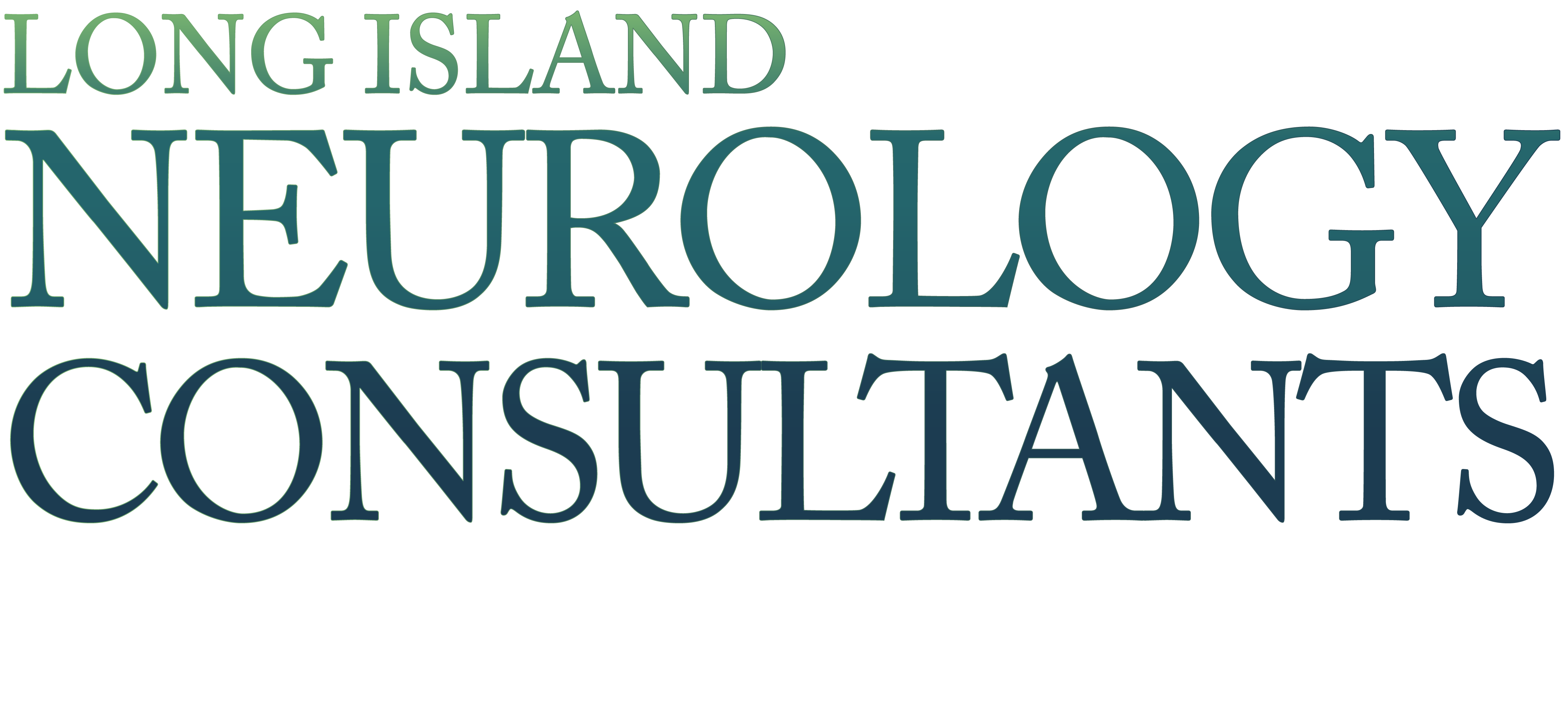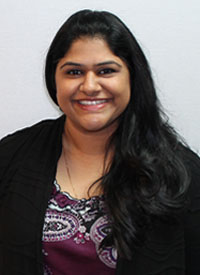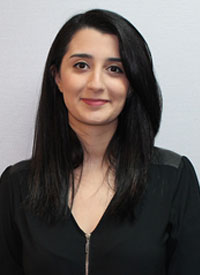
Experienced Physicians
At Long Island Neurology Consultants, you’ll be treated with care, dignity, and respect by board-certified neurologists who work with you.
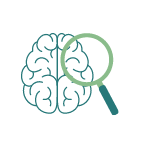
Quality Neurological Care
We see patients and perform neurological testing at our office in Lynbrook.

Care You Can Count On
See the difference our patient-centered care can make in your life. Contact our office to schedule your appointment.
Our Providers
Lewis A. Levy, M.D., D.P.N.
Board-Certified NeurologistMark A. Nelson, D.O., D.P.N.
Board-Certified NeurologistEric J. Hanauer, M.D., D.P.N.
Board-Certified NeurologistStephen J. Roth, M.D., D.P.N.
Board-Certified NeurologistKristin M. Waldron, M.D., D.P.N.
Board-Certified NeurologistAsha Mathews, P.A.
Physician AssistantSvetlana Musheyeva, P.A.
Physician AssistantWe Take Your Health Seriously
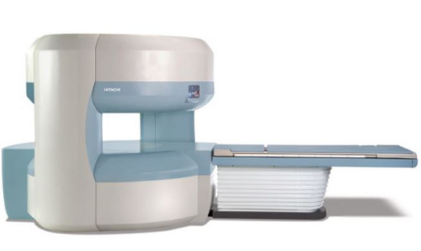
Magnetic Resonance Imaging (MRI)
MRI is a testing modality that uses pulses of energy and magnetic fields to image the body. MRI is highly sensitive and can provide more specific information regarding the nervous system than other testing modalities such as ultrasound, X-ray, or computed tomography (CT). Please note, MRI does NOT expose a patient to radiation. In neurology, we use MRI most commonly to look at detailed anatomy of the brain and spinal cord.
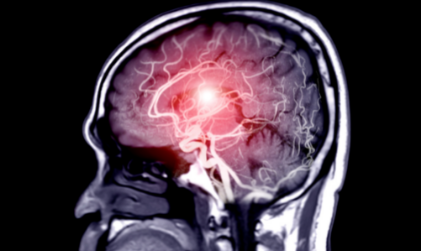
Magnetic Resonance Angiography (MRA) / Magnetic Resonance Venography (MRV)
MRA is a testing modality that is utilized to image arteries. From a patient standpoint, it is very similar to having an MRI. MRA does NOT expose a patient to radiation. In most cases, contrast is not needed. MRA can provide more specific information about the vascular system than other testing modalities including computer tomography (CT), X-ray, and ultrasound. In neurology, we use
Magnetic Resonance Venography (MRV)
This study is similar to MRA, but focuses on the veins.
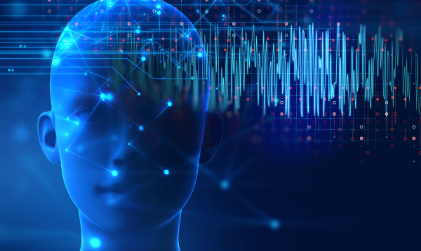
Electroencephalogram (EEG)
An Electroencephalogram (EEG) records the electrical activity of the brain. Our certified technologist will measure the patient’s head and put the electrodes on their scalp with a paste-like substance. During the test, the patient lies on a table (or may remain in a chair) in a dark room, remaining still and relaxed. Sleep is encouraged during the procedure. Often, a strobe light is used as well to record the brain’s response. An EEG usually takes between 30 to 45 minutes.
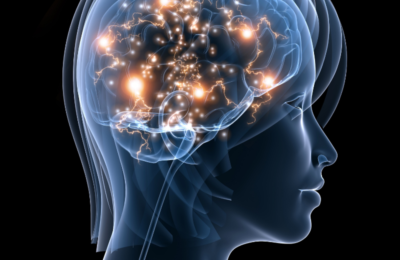
Evoked Potential
Our office performs four different Evoked Potential (EP) examinations. Testing is performed by a trained technician. Each test may take about 20 minutes. Often, several EP’s are scheduled during a session.

NeuroTrax

Video Electronystagmography
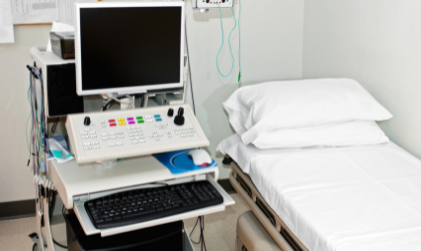
Electromyography/Nerve Conduction Velocities (EMG/NCV)
Electromyography/nerve conduction studies (more typically referred to as just EMG) is a form of electrodiagnostic testing that is used to study nerve and muscle function. Our studies are performed by a physician with specialized training for this procedure.
Our neurovascular laboratory is certified by the IAC (Intersocietal Accreditation Commission). The IAC is a nationally recognized accrediting organization to advance appropriate utilization, standardization, and quality of diagnostic imaging. All our sonographers are nationally registered vascular technologists (RVT) with credentials in vascular imaging which are updated annually.
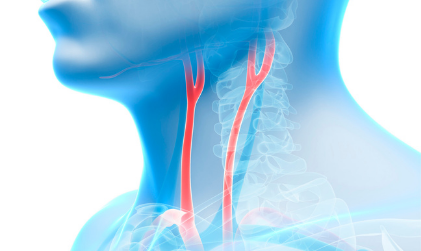
Carotid Doppler
Carotid Doppler (Carotid Ultrasound) is a diagnostic procedure used to examine the carotid arteries for increased stroke risk. Ultrasound is widely used and captures images in real-time. This non-invasive test is performed by our registered vascular technologist. The patient sits in a reclining chair while the technologist applies a gel to a flat probe moving up and down the neck, taking images of the carotid arteries along the way. The procedure averages about 30 minutes.
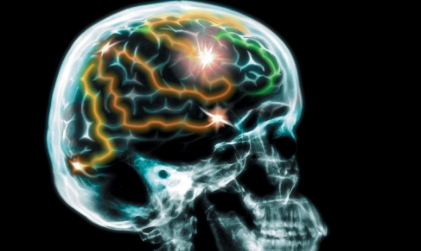
Transcranial Doppler, Embolic Screening/Vaso Reactivity Study
Similar to carotid doppler examination, this non-invasive diagnostic procedure examines the arteries of the head for increased stroke risk. The registered vascular technologist will apply a gel to a flat probe placing it on several areas of the head including the eyelids, temples, and back of the neck. It is often performed at the same time as the carotid doppler and both procedures typically take 45 minutes combined.
Office hours
Monday
Tuesday
Wednesday
Thursday
Friday
Saturday
Sunday
7:00 AM – 5:30 PM
7:00 AM – 5:30 PM
7:00 AM – 5:30 PM
7:00 AM – 5:30 PM
7:00 AM – 5:30 PM
8:00 AM – 4:00 PM
Closed
Office hours
Monday
Tuesday
Wednesday
Thursday
Friday
Saturday
Sunday
7:00 AM – 5:30 PM
7:00 AM – 5:30 PM
7:00 AM – 5:30 PM
7:00 AM – 5:30 PM
7:00 AM – 5:30 PM
8:00 AM – 4:00 PM
Closed



